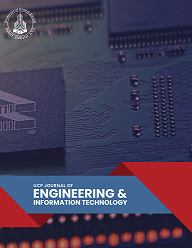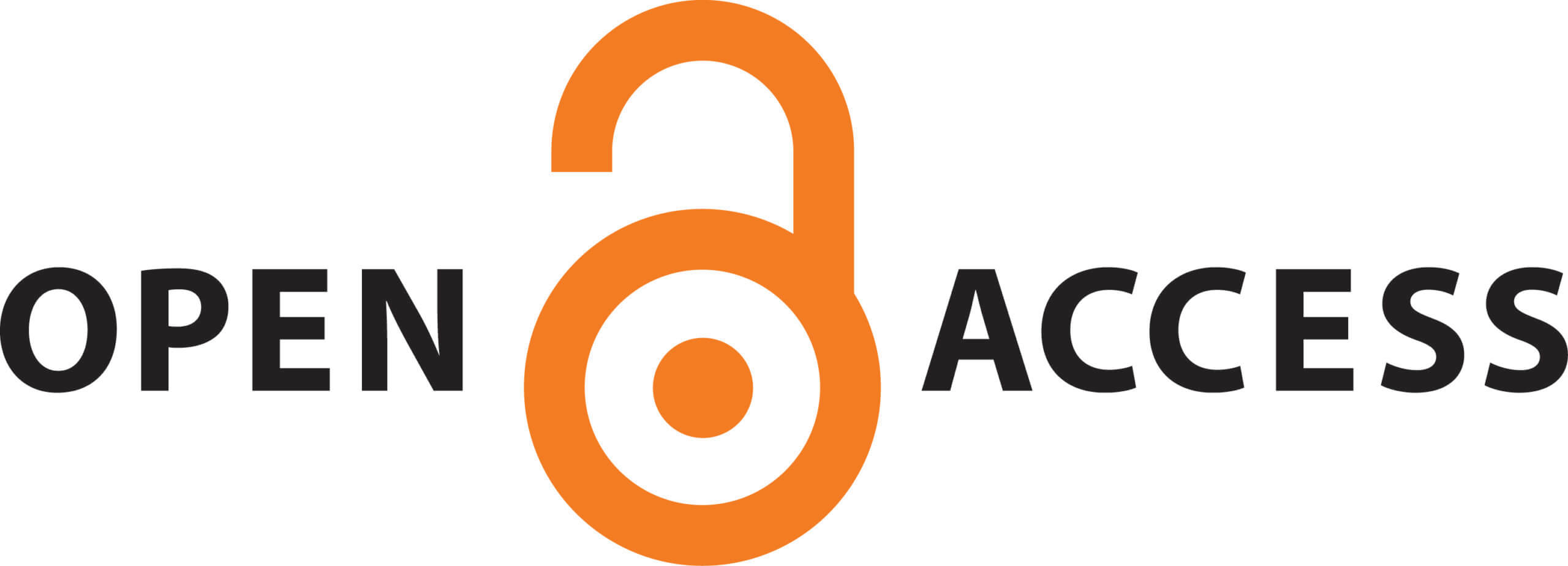Harvest Link - Blockchain in Agriculture Supply Chain
Keywords:
Agriculture Supply Chain, Transparency, Blockchain Technology, Artificial Intelligence, Food Security, Fair Trade, Data Integrity, Trust, Accountability, Real-time Insights, Predictive Analysis, Technical Barriers, Education, Regulatory FrameworksAbstract
The Agricultural supply chain (ASC) is the backbone of economies around the world, playing a vital role in driving numerous industries and serving as a major stakeholder. The involvement of diverse stakeholders, including farmers, distributors, retailers, and consumers, contributes to the inherent complexity and challenges in managing the supply chain effectively. However, the lack of transparency within the supply chain not only presents challenges but also leads to inefficiencies, wastage, and susceptibility to fraudulent practices. Recognizing these deficiencies, this paper aims to comprehensively address and rectify the shortcomings in the agricultural supply chain. The significance of these issues cannot be overstated, as they have a profound impact on food security, fair trade, and the livelihoods of countless stakeholders. In response to the growing demand for transparency in the sourcing of food products, this paper endeavors to shed light on these critical aspects, fostering improved trust, enhanced accountability, and the assurance of safety and quality in food products for consumers. To effectively tackle the identified deficiencies, the paper proposes the utilization of Blockchain technology as the primary mechanism to establish an immutable ledger for every transaction and product movement, ensuring data integrity and trust without the need for intermediaries. Each stage of the supply chain, from cultivation to distribution, will be recorded in a tamper-proof manner, allowing consumers and stakeholders to effortlessly trace the history of agricultural products. Additionally, the integration of AI is proposed to analyze blockchain data, providing real-time insights and predictions to further enhance transparency. While acknowledging potential barriers such as technical challenges, education, and government policies, this fusion of blockchain and AI stands as a promising technology to create a robust, transparent, and accountable agricultural supply chain. Efforts will be made to address these challenges and foster widespread adoption among farmers and stakeholders, realizing the envisioned positive impact on the agricultural supply chain.
Downloads
Published
Issue
Section
License
Copyright (c) 2024 UCP Journal of Engineering & Information Technology

This work is licensed under a Creative Commons Attribution-NonCommercial 4.0 International License.








